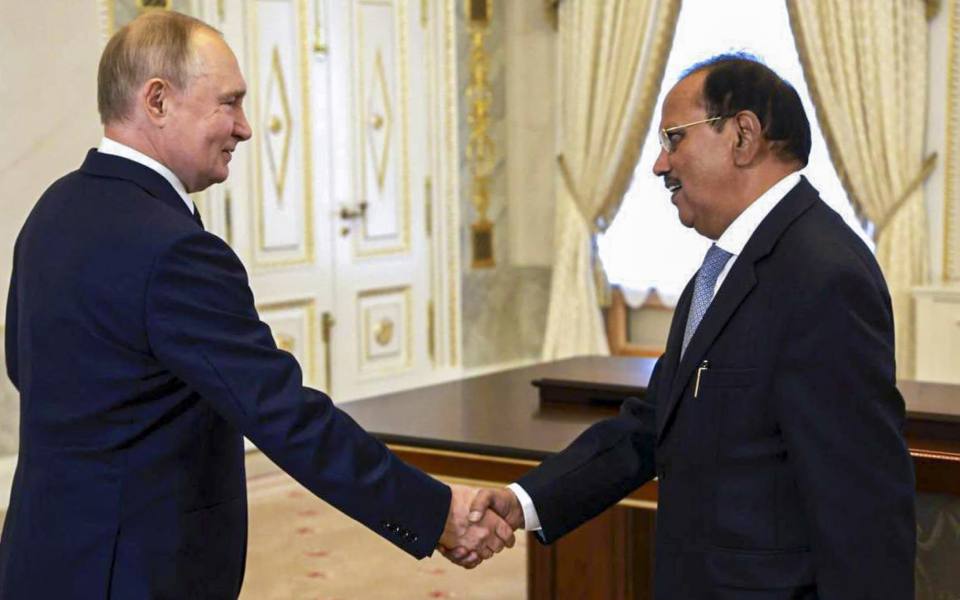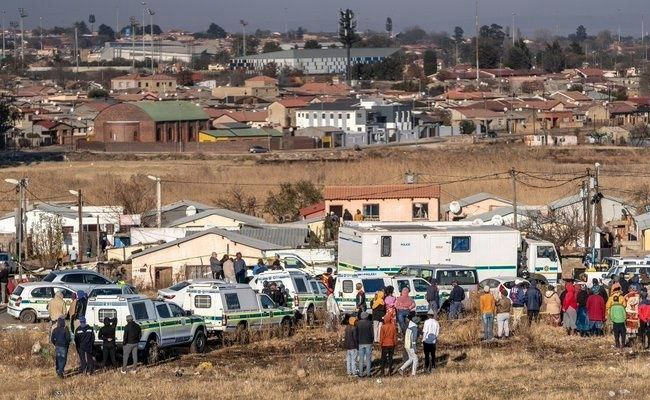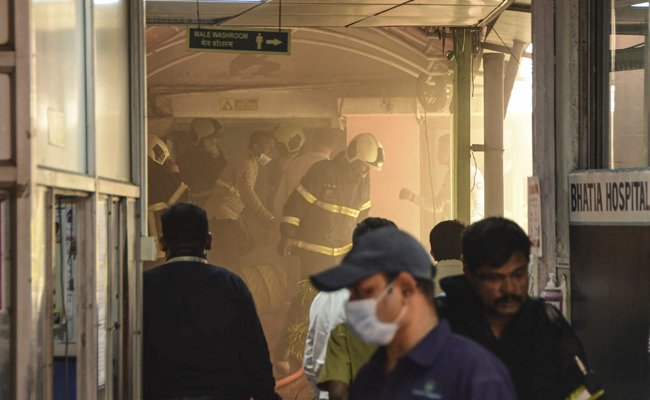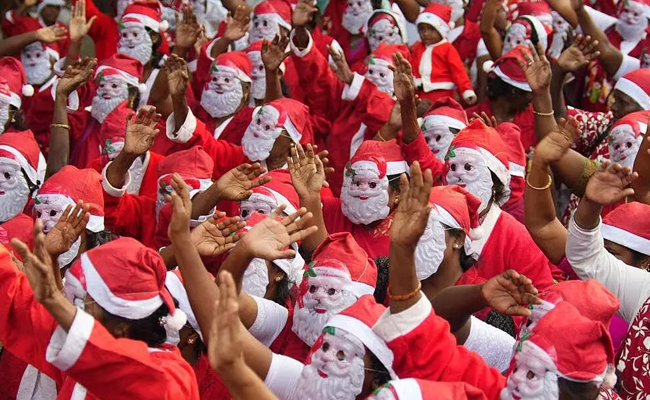New Delhi, Sep 12: National Security Advisor Ajit Doval on Thursday briefed Russian President Vladmir Putin on Prime Minister Narendra Modi's talks with Ukrainian President Volodymyr Zelenskyy in Kyiv amid renewed efforts to find a peaceful solution to the Ukraine conflict.
Doval met Putin at the Konstantinovsky Palace in St Petersburg on the margins of a conclave of the (Brazil-Russia-India-China-South Africa) grouping.
"As the prime minister told you during a telephone talk that he was keen to brief you about his visit to Ukraine and his meeting with President Zelenskyy. He (PM Modi) wanted me to come and personally brief you about the talks," Doval told the Russian President.
The NSA said the Modi-Zelenskyy talks were in a very "close format".
"I have come here on the direction of Prime Minister Modi who has conveyed his highest regards to you. His visit to Moscow was greatly successful and he was highly satisfied with the visit," Doval was heard conveying to Putin in a video released by Russian media.
The Putin-Doval meeting came nearly three weeks after Modi travelled to Ukranian capital Kyiv and held talks with Zelenskyy.
Last week, the Russian President, speaking at a panel discussion at the Eastern Economic Forum in the Russian city of Vladivostok named India, Brazil and China as possible intermediaries that could play a role in resolving the conflict.
In the meeting with Doval, Putin proposed a bilateral meeting with Modi on October 22 on the sidelines of the BRICS summit in the Russian city of Kazan next month.
The summit of the grouping will be held in Kazan from October 22-24. Modi is set to attend the summit.
In his talks with Zelenskyy, Modi said both Ukraine and Russia should sit together without wasting time to end the ongoing war and that India was ready to play an "active role" to restore peace in the region.
The prime minister said India was on the side of peace since the beginning of the conflict and he would even like to contribute personally for a peaceful resolution of the crisis.
Modi's nearly nine-hour visit to Ukraine, the first by an Indian prime minister since its independence in 1991, came six weeks after he held summit talks with Putin in Moscow.
In the last few days, there has been calls for India's potential role in pushing peace talks between Russia and Ukraine as New Delhi has good relations with both the nations.
India has been maintaining that the conflict in Ukraine must be resolved through dialogue and diplomacy.
On Saturday, Italian Prime Minister Giorgia Meloni following her talks with Zelenskyy said India and China can play a role in finding a solution to the dragging conflict.
A Kremlin readout of Putin-Doval meeting said the Russian president "noted the successful development of the Special and Privileged Strategic Partnership between India and Russia and stressed the importance of security issues in bilateral relations, thanking the Indian side for maintaining dialogue in this area."
It said the Russian president proposed the bilateral meeting with Modi to "summarise the outcomes of joint work" on the implementation of the agreements reached during the Indian leader's visit to Moscow and to outline prospects for the near future.
"We are waiting for our good friend Modi and best regards to him," the Russian media quoted Putin as saying in the meeting with Doval.
On Wednesday, the NSA held wide-ranging talks with his Russian counterpart Sergei Shoigu focusing on important issues of "mutual interests".
"Both sides reviewed progress in bilateral cooperation and discussed important issues of mutual interest," the Indian embassy in Russia said on the talks between Doval and Shoigu.
Let the Truth be known. If you read VB and like VB, please be a VB Supporter and Help us deliver the Truth to one and all.
Johannesburg (AP): A 32-year-old suspect has been arrested in connection with a mass shooting which claimed the lives of 12 people including three children at an unlicensed pub earlier this month, South African police said on Monday.
The man is suspected of being one of the three people who opened fire on patrons in a pub at Saulsville township, west of South Africa's capital Pretoria, killing 12 people including three children aged 3, 12 and 16.
At least 13 people were also injured during the attack, whose motive remains unknown.
According to the police, the suspect was arrested on Sunday while traveling to Botlokwa in Limpopo province, more than 340 km from where the mass shooting took place on Dec 6.
An unlicensed firearm believed to have been used during the attack was recovered from the suspect's vehicle.
“The 32-year-old suspect was intercepted by Limpopo Tracking Team on the R101 Road in Westenburg precinct. During the arrest, the team recovered an unlicensed firearm, a hand gun, believed to have been used in the commission of the multiple murders. The firearm will be taken to the Forensic Science Laboratory for ballistic analysis,” police said in statement.
The suspect was arrested on the same day that another mass shooting at a pub took place in the Bekkersdal township, west of Johannesburg, in which nine people were killed and 10 wounded when unknown gunmen opened fire on patrons.
Police have since launched a search for the suspects.
South Africa has one of the highest homicide rates in the world and recorded more than 26,000 homicides in 2024 — an average of more than 70 a day. Firearms are by far the leading cause of death in homicides.
The country of 62 million people has relatively strict gun ownership laws, but many killings are committed with illegal guns, according to authorities.
According to police, mass shootings at unlicensed bars are becoming a serious problem. Police shut down more than 11,000 illegal taverns between April and September this year and arrested more than 18,000 people for involvement in illegal liquor sales.





